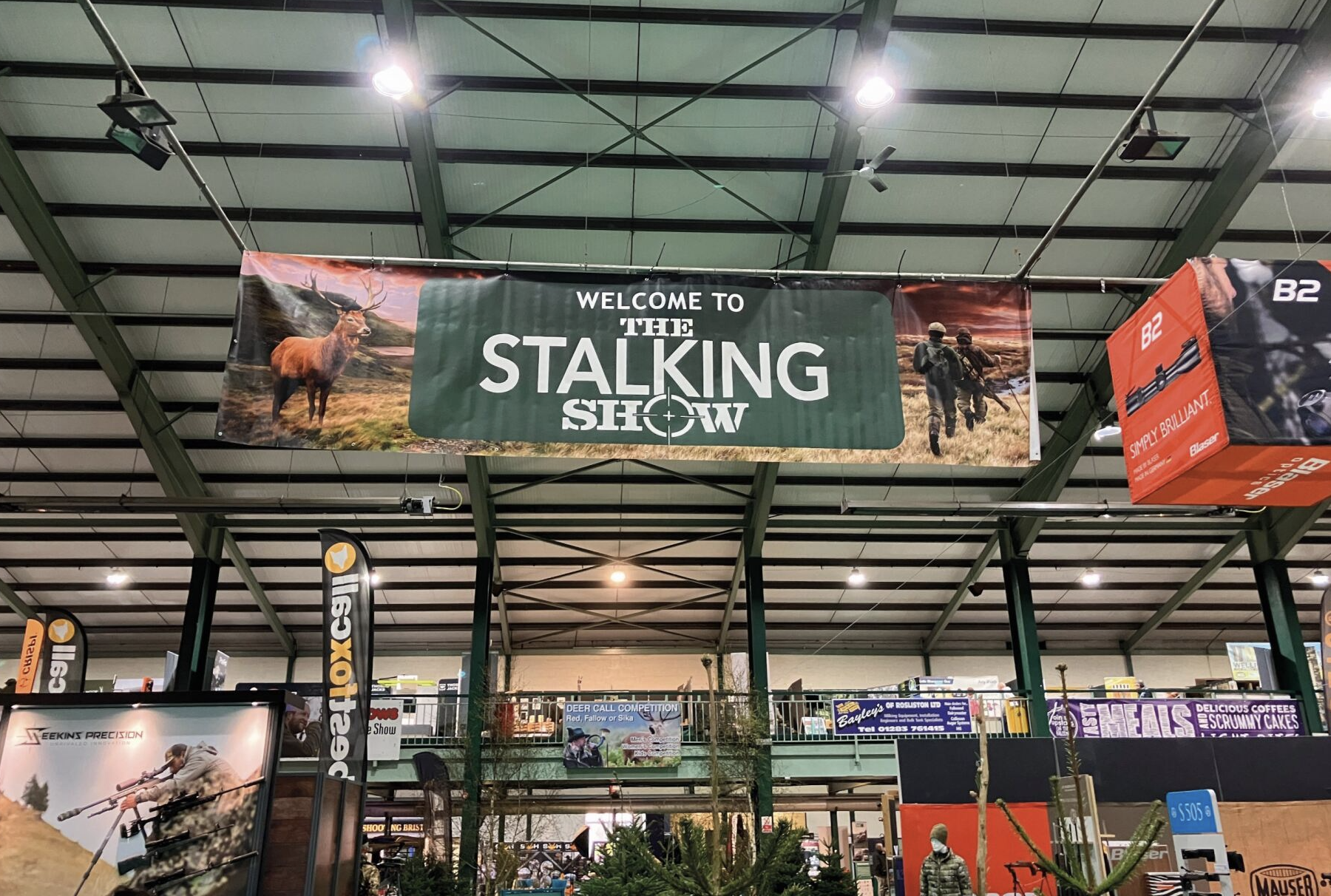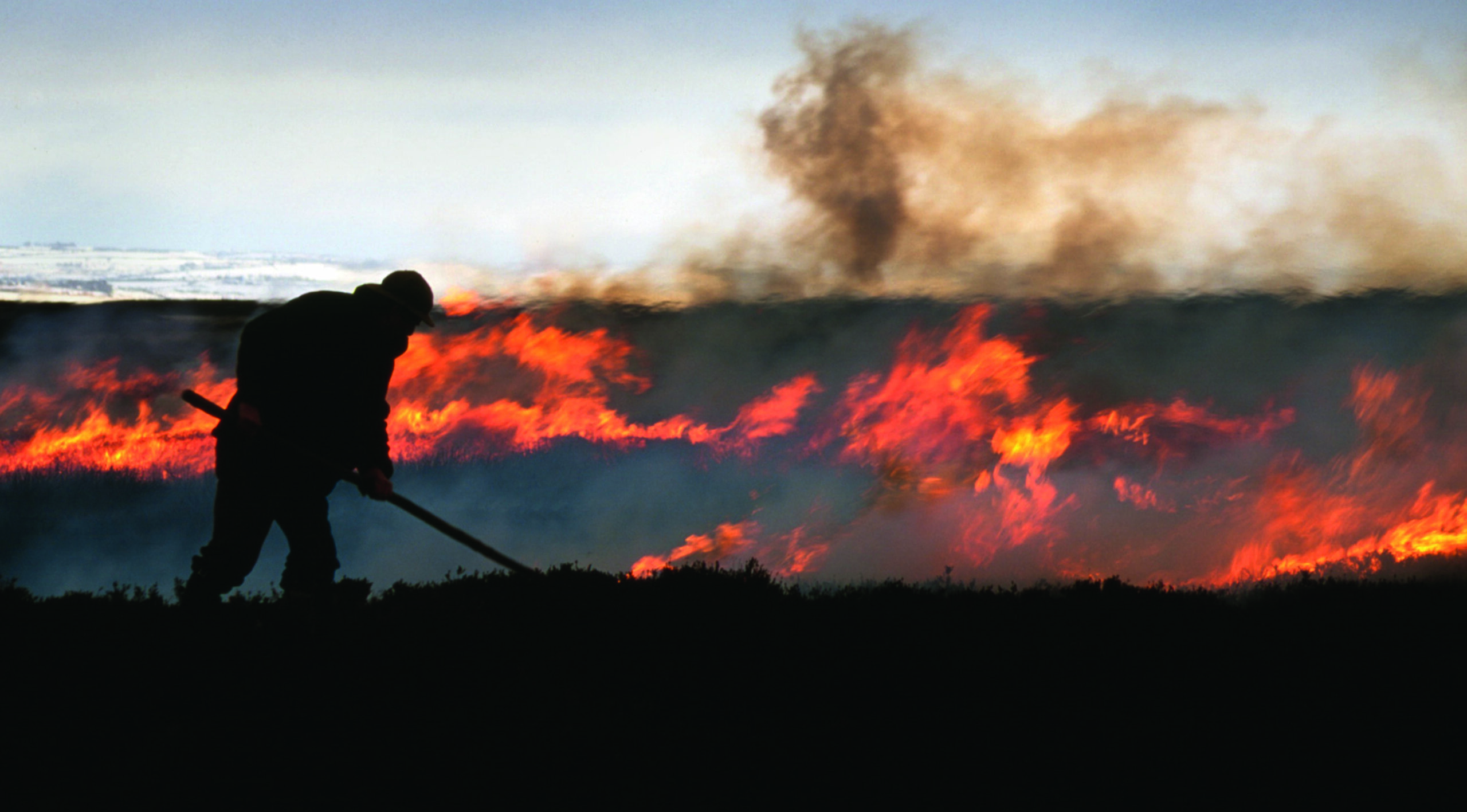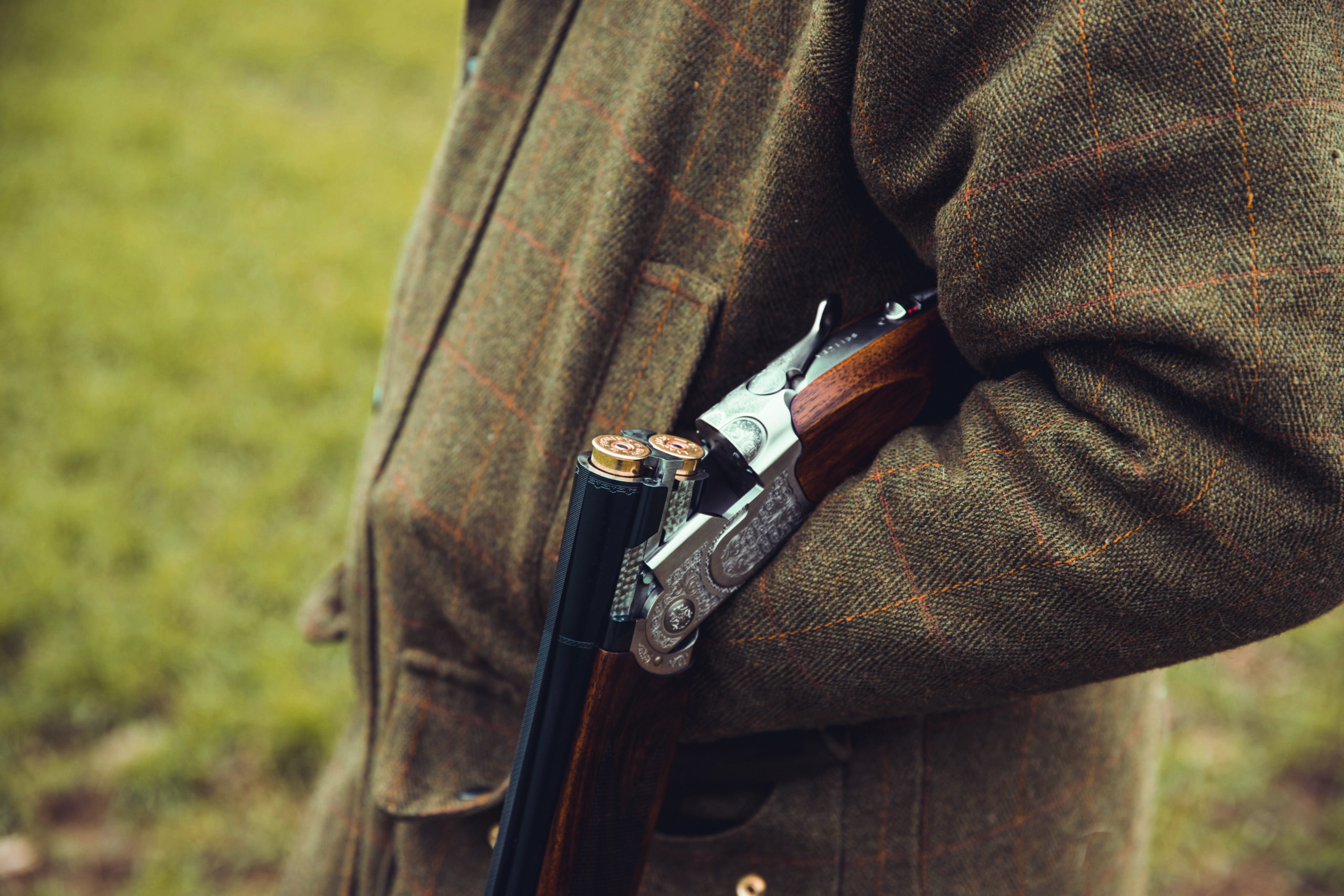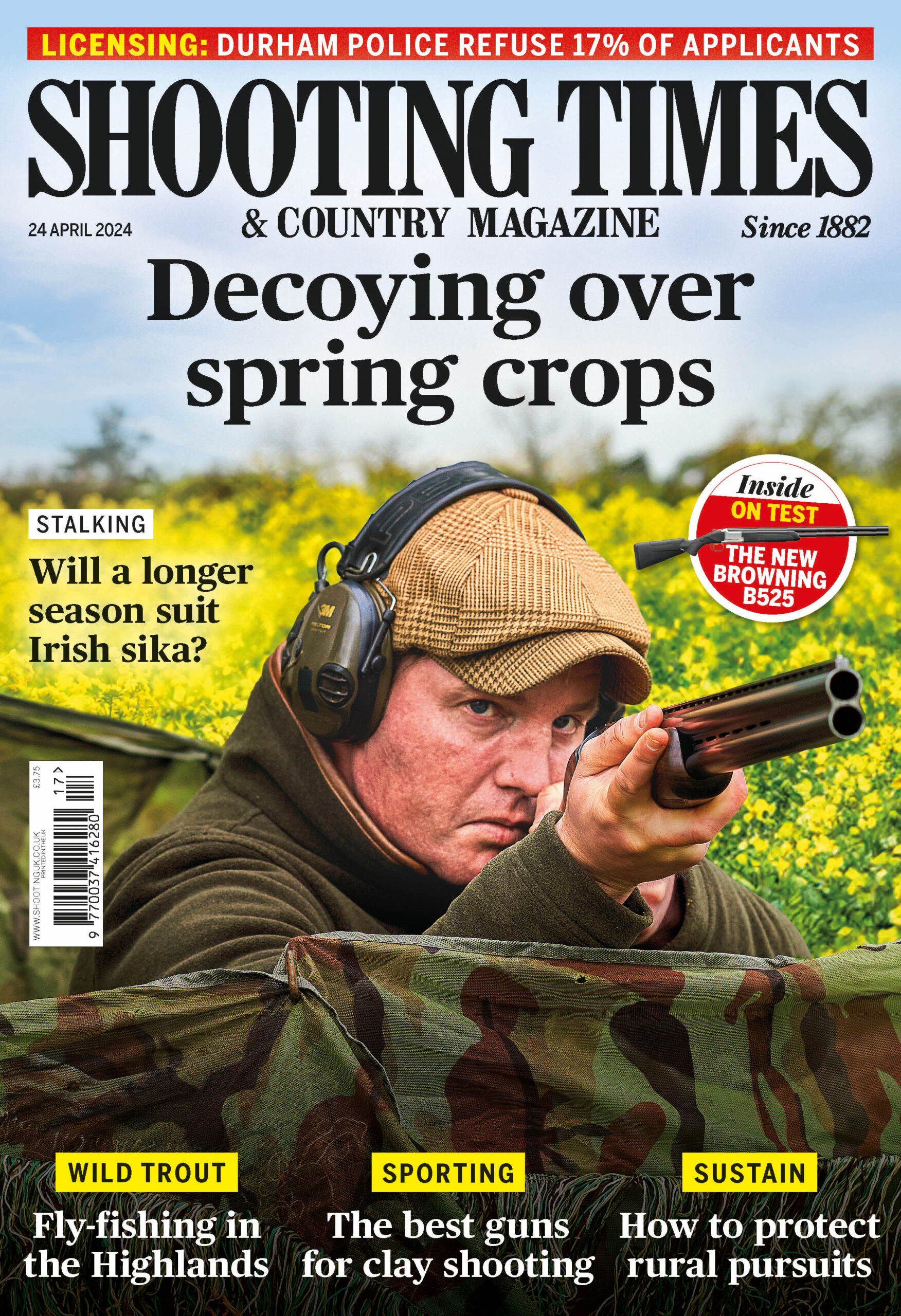HRH Prince Philip 1921-2021 – a true supporter of fieldsports and conservation
Our condolences to Her Majesty The Queen and Royal Family
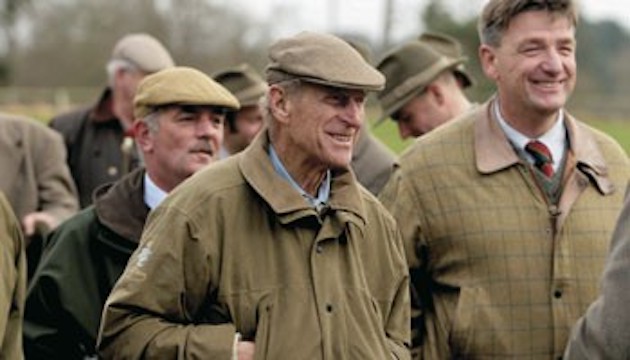
HRH Prince Phillip has died aged 99 this morning at Windsor Castle.
He will be remembered as a true countryman with a love of fishing and fieldsports. He was patron of more than 800 organisations, including the World Wildlife Fund and the British Association for Shooting and Conservation and combined a commitment to conservation with a love of shooting and fieldsports.
It is with deep sorrow that Her Majesty The Queen has announced the death of her beloved husband, His Royal Highness The Prince Philip, Duke of Edinburgh.
His Royal Highness passed away peacefully this morning at Windsor Castle. pic.twitter.com/XOIDQqlFPn
— The Royal Family (@RoyalFamily) April 9, 2021
Interviewed by Shooting Times in 1999
An interview for Shooting Times with columnist Robin Page was published in the 30 September 1999 edition, where the pair discussed the countryside, shooting, the UK’s wildlife and changes to the environment and population affecting them.
Discussing shooting, Prince Philip commented on the controversial subject of the management of birds, such as crows, magpies, jays, and raptors, which predate on both important gamebird and threatened songbird populations: “If you are interested in species you want to see these birds around, but you don’t want to have so many of them that they interfere with another population that you want to see and can exploit. So I see the point of protecting these birds, but I don’t see that blanket protection is the best way of doing it.”
His view on shooting was formed in part through his experience of shooting at Sandringham. Commenting on shooting there: “I think that shooting is effectively cropping and what you do is take the surplus and make sure that you have a crop next year.”
Wildfowler and conservationist
BASC chairman Eoghan Cameron commented: “The Duke of Edinburgh was the association’s patron for more than half a century and exemplified the ideals of sporting shooting and conservation. A keen shot, who enjoyed punt-gunning on the Wash as much as game shooting at Sandringham, he also had a passion for conservation.”
Prince Philip became the first royal patron of the Wildfowlers’ Association of Great Britain and Ireland (WAGBI) – later to become BASC – in the year of its diamond jubilee, 1968.
BASC president Lord Geoffrey Dear said: “Prince Philip keenly understood the importance of a strong relationship between conservation and shooting … shooting will forever be in his debt for the guidance he provided during a period of unprecedented change in shooting and the countryside.”
Always taking a keen interest in the affairs of BASC, Prince Philip wrote a personal introduction to The Handbook of Shooting – the Sporting Shotgun – which has been continuously in print for more than 30 years.”

Prince Philip inspecting a pheasant release pen at a GWCT property
Grey partridges interest
Teresa Dent CBE, Chief Executive of the GWCT, noted: “His wildlife conservation credentials have rightly been lauded at a global scale. At home, the Sandringham Estate, he masterminded a now-classic, and impressive, combination of wildlife conservation and wild game management alongside commercial farming. He made extensive use of GWCT’s research and advice in doing that, and many years ago initiated a broad annual ecological monitoring programme to understand thoroughly the benefits of that management.
“In 1972 His Royal Highness wrote in our annual Review: ‘This bird [the grey partridge] is more than just our favourite native game-species. It represents a typical wild bird that suffers from all the pressures of intensive agriculture, urbanisation, pollution, over-population and a host of other ugly-sounding words and phrases. If we can solve the problem for the partridges, we shall be conferring enormous benefits on many other like species which are also in trouble.’ Those words have proved to be as long-lived as he was, and I hope will inspire all our members and supporters to keep ‘solving the problem for partridges.”
Duke of Edinburgh voices concern for rural Britain
EXCLUSIVE: Robin Page meets HRH Prince Philip to discuss the challenges facing the countryside
BASC’s Royal Visit
BASC’s new media centre — The Duke of Edinburgh Building — was officially opened earlier this month. Alastair Balmain watched…
Prince William’s new patronage of British Trust for Ornithology ruffles feathers
The British Trust for Ornithology (BTO) has appointed HRH The Duke of Cambridge as its new patron, in a move…
A true countrywoman
The Queen once said that if she had not become Queen she would have liked to be a lady living in…
Tree planting
Between 1952 and his death the Duke oversaw the planting of 2 million trees, the creation of 45 new woodlands, the establishment of 160 hectares of wild bird cover; and the protection of 200 hectares of wild and uncultivated land. He is survived by four children, eight grandchildren and nine great grandchildren many of whom are keen countrysports people.





